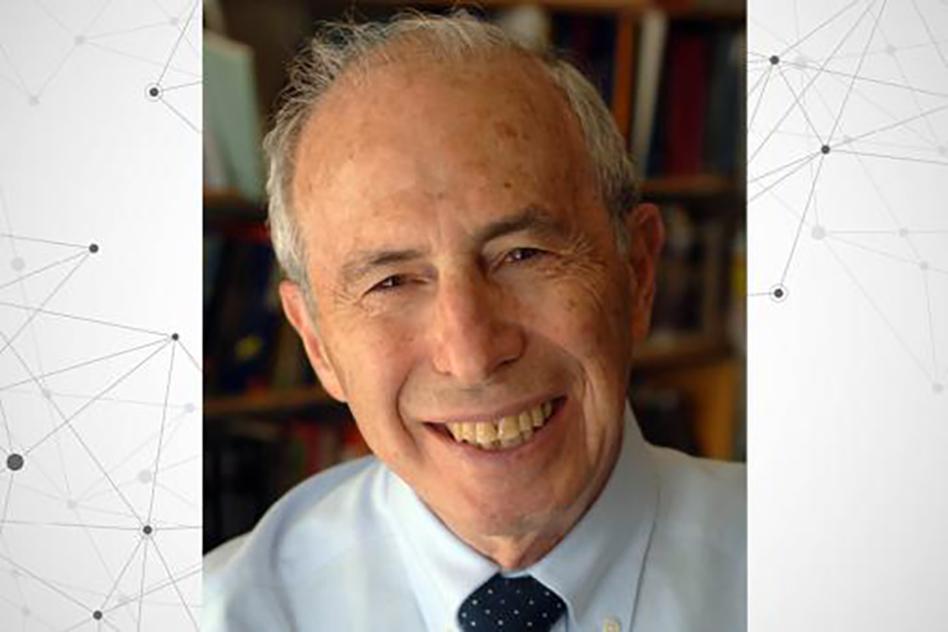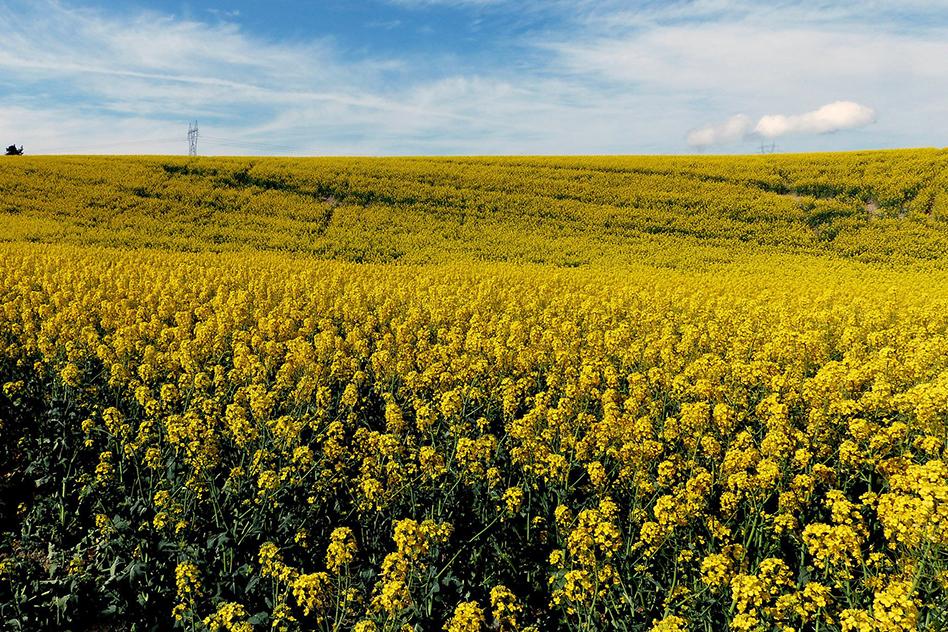News + Media

To achieve a stable climate will require rapid, dramatic reductions in greenhouse gas emissions resulting from human activities. This can be done by transitioning energy generation from fossil fuels to clean energy sources, and by removing those gases—primarily carbon dioxide (CO2)— from the...

An MIT Joint Program study published in Energy Economics in 2022 shows how U.S. climate policies can be designed to cut carbon emissions without inflicting economic harm on low-income households and the nation as a whole. This new video was produced by the Basque Center for Climate Change.
...
An MIT Joint Program study published in Energy Economics in 2022 shows how U.S. climate policies can be designed to cut carbon emissions without inflicting economic harm on low-income households and the nation as a whole. This new video was produced by the Basque Center for Climate Change.
...
Deeply respected advisor, educator, and mentor was a founding member of the MIT Joint Program on the Science and Policy of Global Change and committed to helping others rise out of poverty (MIT Economics)
Richard “Dick” Eckaus, Ford Foundation International Professor of Economics, emeritus, in the Massachusetts Institute of Technology (MIT) Department of Economics, died on September 11, 2022, in Boston. He was 96 years old.
Eckaus was born in Kansas City, Missouri on April 30, 1926, the...

New position paper calls for getting stakeholders involved in wind power projects from the start
Wind power accounted for 8 percent of U.S. electricity consumption in 2020, and is growing rapidly in the country’s energy portfolio. But some projects, like the now-defunct Cape Wind proposal for offshore power in Massachusetts, have run aground due to local opposition. Are there ways to avoid...

MIT Joint Program Deputy Director C. Adam Schlosser helps explain regional variations in warming (Climate Feedbacks)
If you’re even a casual consumer of climate news, you probably know that some parts of the globe are warming more rapidly than others. Scientists have known for years, for instance, that the Arctic is heating up at a faster clip than the global average, and recently, the region made...

The “Fast Forward” climate action plan laid out ambitious commitments. Now comes the harder part: making them happen (Related: 3Q on how MIT is working to reduce emissions on campus)
Under its “Fast Forward” climate action plan, which was announced in May 2021, MIT has set a goal of eliminating direct emissions from its campus by 2050. An important near-term milestone will be achieving net-zero emissions by 2026. Many other colleges and universities have set similar targets...

MIT Joint Program's John Reilly touts grasses as a more sustainable biofuel alternative than food crops (National Observer)
Parkland Corporation wants to build a renewable diesel facility at its existing refinery in Burnaby, B.C., and hopes federal dollars will help fund the project.
The company also plans to expand production at its co-processing facility in Burnaby, where canola oil and animal fats are mixed...

